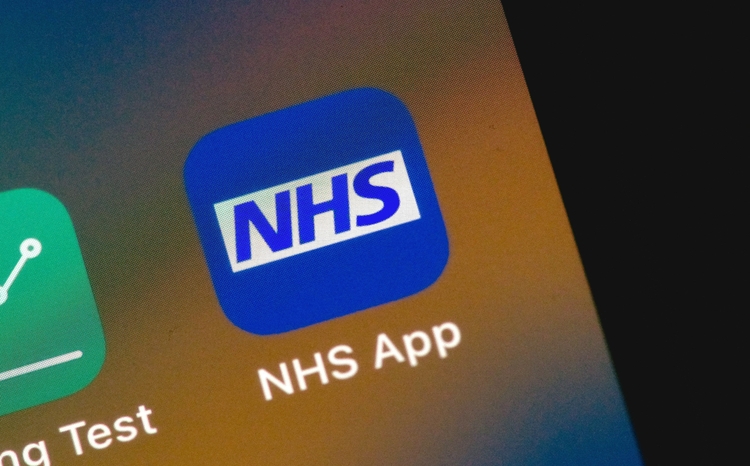2015 records access promise scaled back
- 29 October 2013

The government’s pledge for patients to have online access to their GP record by March 2015 will only require access to the brief information held on their Summary Care Record.
NHS England’s Patient Online programme lead Kathy Mason told EHI that providing access to the same information as held in the SCR is the minimum that GPs must do by March 2015.
The SCR contains a core set of clinical data, including allergies, medications and adverse reactions, but there is work going on to enrich it.
NHS England will identify and evaluate a series of “accelerator sites” to build a case for providing full records access in the future and will release guidance in April 2014 for practices to make progress towards this goal.
“We want to get everybody at least to a minimum level by 2015 then work with accelerator sites to really push the boundaries,” Mason added.
The government has made a commitment that by 2015, all patients will have secure online access to their GP record if they want it. All practices must also make transactional services available online such as booking appointments, ordering repeat prescriptions and e-consultations.
Mason acknowledged to EHI that some patients will be disappointed with the level of records access on offer by 2015, but said the government has not rolled back on its promise.
“Given conversations and discussions we have had with GPs and professional bodies we think (access to the SCR information) is what’s going to be acceptable. There’s always going to be some people that aren’t happy, but we are trying to find something that’s workable and deliverable, but actually takes us forward,” she said.
“If you have got a patient that really wants this and is registered with a practice that’s going to be a slow adopter at this stage then probably that patient will be disappointed.”
Mason told the BCS Primary Health Care Specialist Group conference last Friday that NHS England has been “in dialogue” about what patient access to their online record should mean come 2015, as well as the definition of, “secure electronic communication” with a practice.
Mason said this will initially be an asynchronous service for non-urgent care, with real-time e-consultations made available in the longer-term.
The Patient Online team has been working with patient representatives and GP leaders since April on an agreed “shared vision” of patient online access, building on the Royal College of GPs roadmap for Patient Online, released in March.
“We are working together on adoption and take-up of this technology and using it to change the way that we work and how we as patients interact with our GP practices and how they offer their services,” she said.
“We have got some big ambitions and we are not going to achieve them all in the next year, or even two or five years, so we have put in place some milestones that feel ambitious, but also achievable,” Mason explained.
NHS England is establishing a stakeholder forum and will run four engagement days with representatives from GP practices, patients, suppliers and professional groups. It is also continuing to work with the RCGP on rolling out the project, but has not yet agreed a ‘formal partnership’.
Mason told EHI that the team is also looking at resourcing the project and “potential incentives and levers” it can use to encourage adoption.
Patient access attracts a direct enhanced service payment in this financial year and proposed GP contract changes include new payments for GPs who offer patients online access to services.
Mason said patient access is “in the mix” of ongoing GP contract negotiations.
Around half of all practices in England are already offering appointment booking and ordering repeat prescriptions electronically.
Mason expects patient take-up of online records access to be slow at first, but to reach a “tipping point”, which will push slow adopters forward.
Dr Amir Hannan, a partner at Haughton Thornley Medical Centres, which is an early adopter of online records access, said he is looking for five GP practices who would like to emulate the success that his practice has enjoyed.
“I think there is a lot we can learn from each other that is practical and real,” he said.
“I look forward to hearing how NHS England supports local initiatives on the ground, particularly those that have shown real promise and seem to be overcoming challenges. This could be scaled if real support is provided at all levels.”





